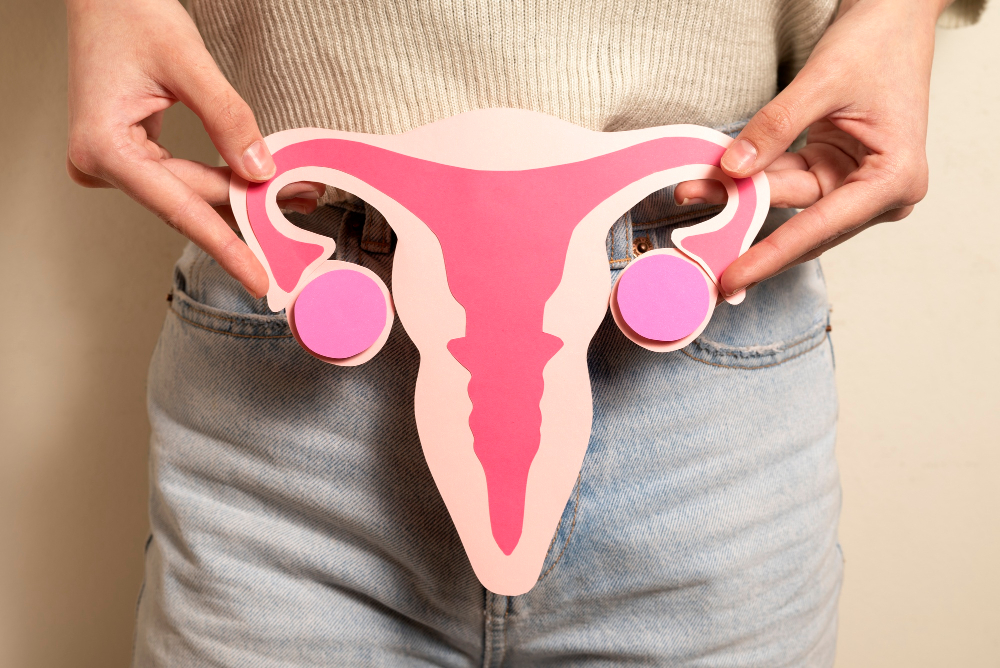In Vitro Fertilization
Discover how in vitro fertilization works, who should consider IVF, costs, success rates, and why patients compare clinics globally—including Panama Fertility.
IVF IN GEORGIA
In Vitro Fertilization: Everything You Need to Know About IVF

Introduction: What Is In Vitro Fertilization (IVF)?
In vitro fertilization (IVF) is a highly effective fertility treatment where eggs and sperm are combined in a laboratory to create embryos, which are then transferred into the uterus to achieve pregnancy. IVF offers hope for many facing infertility, single parents by choice, and LGBTQ+ families—making it one of the most popular assisted reproduction techniques worldwide.
How Does In Vitro Fertilization Work?
IVF involves several carefully coordinated steps. Each phase is designed to maximize the chances of fertilization and a healthy pregnancy, using advanced technology and individualized care.
Who Should Consider IVF?
- Couples who have tried to conceive for 12+ months without success
- Women with blocked or damaged fallopian tubes
- Men with low sperm count or motility
- Those with unexplained infertility
- LGBTQ+ couples and single parents
- Patients with genetic conditions who wish to screen embryos
What to Expect: IVF Process Step-by-Step
Initial Consultation and Testing
Your fertility doctor will review your medical history, order blood tests, ultrasounds, and sometimes a semen analysis. This step determines the best plan for your unique situation.
Ovarian Stimulation and Monitoring
You’ll take hormone injections for 8–14 days to stimulate multiple eggs. Your doctor will monitor your ovaries with ultrasounds and bloodwork.
Egg Retrieval and Fertilization
Eggs are collected in a simple outpatient procedure (usually under sedation). In the lab, eggs are combined with sperm—either by conventional insemination or intracytoplasmic sperm injection (ICSI).
Embryo Culture and Transfer
Fertilized embryos grow in the lab for 3–5 days. The best-quality embryo(s) are selected and transferred into your uterus. Extra embryos can be frozen for future use.
Pregnancy Testing and Follow-Up
A blood test about two weeks after transfer will confirm if pregnancy has occurred. Your care team will support you throughout the process, whether you need further treatment or transition to prenatal care.
Success Rates: What Influences IVF Outcomes?
IVF success depends on factors like:
- Age of the woman
- Egg and sperm quality
- Clinic expertise and technology
- Use of donor eggs or sperm
- Underlying health conditions
For women under 35, live birth rates per cycle can be 40–60%. Rates decrease with age, but new techniques improve outcomes each year.
Risks and Considerations
- Multiple pregnancy: Risk reduced with single embryo transfer
- Ovarian hyperstimulation syndrome (OHSS): Rare with careful monitoring
- Emotional and financial stress: Support and clear planning help manage this
- Possible medication side effects: Bloating, mood changes, mild discomfort
Cost of In Vitro Fertilization: What’s Included?
In the U.S.:
- Average cost per IVF cycle: $12,000–$18,000 (excluding meds and genetic testing)
- With all extras: $15,000–$25,000+
- What’s included: Consults, monitoring, egg retrieval, lab fertilization, embryo transfer
- Extras: Medications ($3,000–$7,000), embryo freezing, PGT (genetic testing), donor programs
Ask about:
- Multi-cycle discounts
- Refund/shared-risk programs
- Grants or financial aid
IVF Around the World: U.S. vs. Panama Fertility
Why do patients compare with Panama Fertility?
- Cost savings: IVF in Panama typically costs $7,000–$9,000, even after travel
- Immediate access: No long waitlists
- Bilingual care: English and Spanish-speaking team
- High standards: Modern labs, personalized care, strong success rates
- Virtual consults: Start from home, travel for key procedures only
Frequently Asked Questions (FAQ) About IVF
One full cycle usually takes 4–6 weeks from start to pregnancy test.
Yes. Many clinics (including Panama Fertility) coordinate care with your local OB/GYN.
Some plans cover diagnostics or part of treatment; full coverage is rare.
Often just one, to minimize multiple pregnancy risk—sometimes two in special cases.
IVF can help women in their 40s (often with donor eggs), but success rates are lower than for younger women.
Conclusion: Is In Vitro Fertilization Right for You?
In vitro fertilization has helped millions of people build families when other options haven’t worked. If you’re considering IVF, talk with an experienced fertility team, ask about all your options (including international clinics for savings and fast access), and get the support you need every step of the way.
Your path to parenthood starts with knowledge and the right expert by your side.
ivf success IN GEORGIA
Take Control of Your Fertility Today

🌟 Ready to take the first step? Contact a trusted fertility clinic today to get a transparent cost estimate and personalized guidance for your IVF journey.




